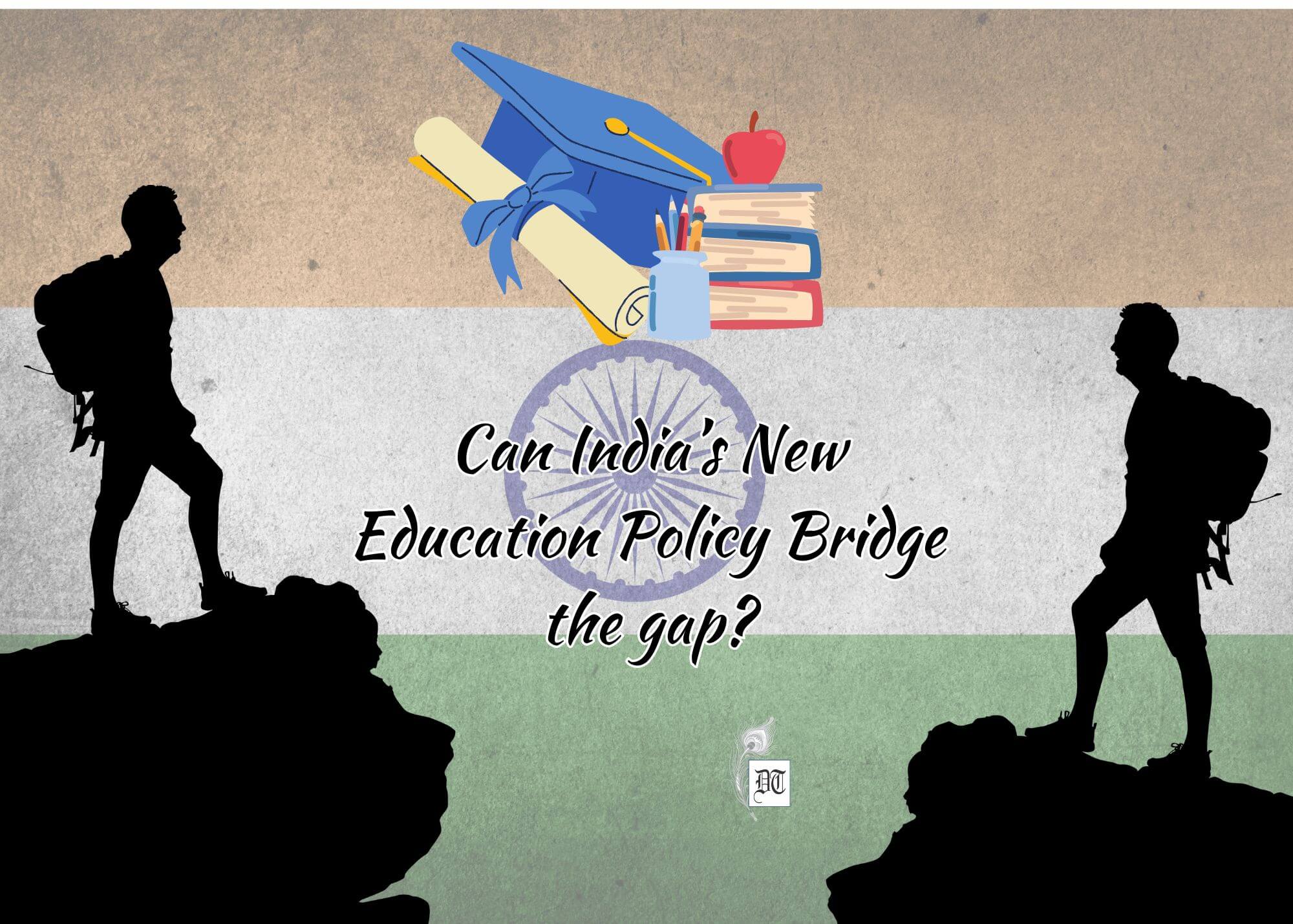The government is anti-poor. The ‘sweetener’ of subsidy is eyewash. Corrupt government and big farmers gain from it. Swarna Bharat Party president asked the government to implement the pro-farmer, pro-poor manifesto of the party.
Swarna Bharat Party (SBP) president, Vishal Singh, said that Indian farmers live in a Kafkaesque world of self-defeating government interventions that are divorced from the imperatives of technology and economics.
He stated that farmers are held back by restrictions on access to technology and on trade, including on the movement, storage and processing of agricultural commodities, and through bans on exports. They are sheltered from global competition, such as through restrictions on imports on grounds of ‘dumping’. And the government sets low and volatile agricultural prices for key commodities, making farm returns even more unpredictable, according to a press release issued by the party.
 Into this obstacle race the government has thrown in the ‘sweetener’of farm subsidies, but these go largely to fertiliser manufacturers, to corrupt government functionaries and to rich farmers. Subsidised Indian fertiliser is smuggled to neighbouring countries, transferring Indian wealth abroad. Subsidised power has helped deplete groundwater by promoting water-hungry crops, putting India’s future food security at risk. Subsidies also harm poor farmers in another way: through budgetary deficits and inflation.
Into this obstacle race the government has thrown in the ‘sweetener’of farm subsidies, but these go largely to fertiliser manufacturers, to corrupt government functionaries and to rich farmers. Subsidised Indian fertiliser is smuggled to neighbouring countries, transferring Indian wealth abroad. Subsidised power has helped deplete groundwater by promoting water-hungry crops, putting India’s future food security at risk. Subsidies also harm poor farmers in another way: through budgetary deficits and inflation.
Singh said that this perfect storm of bad policies has led to an inefficient farm sector stricken with poverty, indebtedness and unemployment. Agriculture has become a losing vocation. Farmers are prematurely abandoning the farm. Most deplorable of all: these policies are part of the reason for India’s high levels of farmer suicide, the release added.
But objectively, India has everything going for it on the agricultural front. India has some of the world’s most fertile land and more irrigated land than any other country. By unshackling agriculture, we should be able to supply not only our domestic needs but also meet demand in China and rapidly growing African countries.
Singh said that the solution is two-fold: (a) broad-based governance reforms, and (b) radical liberalisation  of agriculture policy. The government should get out of agriculture almost entirely and create markets, instead. All restrictions on the production, movement and pricing of agricultural inputs, as well as restrictions on post-harvest treatment, including on marketing and exports, must go.
of agriculture policy. The government should get out of agriculture almost entirely and create markets, instead. All restrictions on the production, movement and pricing of agricultural inputs, as well as restrictions on post-harvest treatment, including on marketing and exports, must go.
In addition, we must streamline environmental regulation (e.g. water table, biodiversity, biosecurity) and the regulation of logistics and crop insurance to create deeper markets in agriculture support services. Market-based reforms will allow vast amount of new investment to flow into the agriculture sector, such as large-scale investments in logistics chains and crop insurance. Businesses (such as mining) should be allowed to operate agricultural subsidiaries. This will give hundreds of millions of farmers a new lease of life, it was informed.
Singh said that SBP’s manifesto provides details of all policies India needs. He asked the Modi government to implement these policies. Farmers can wait no longer, he said. If the Modi government won’t do it, SBP will. SBP is committed to making India a Sone Ki Chidiya, once again.
Pix from Net


 By
By

 By
By